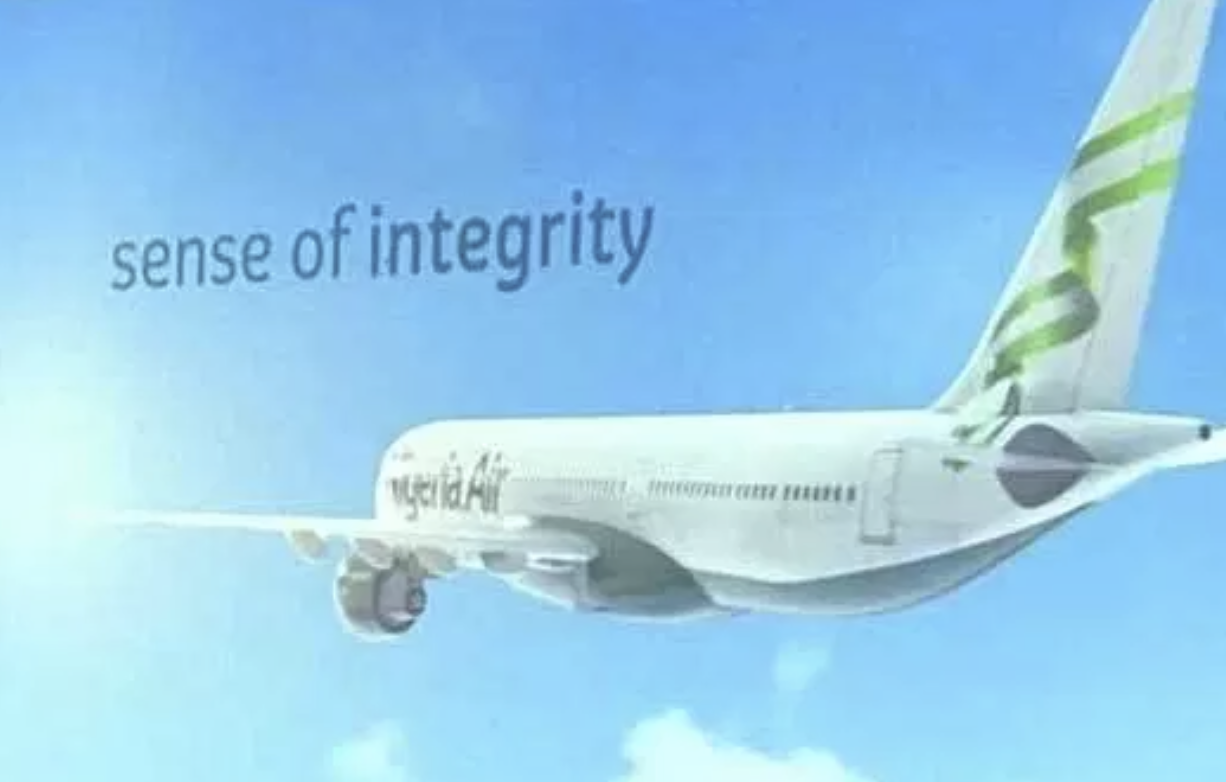Nigeria Air: will investors get a level playing field?
Plane Talk: ‘We fought daily battles against government agents who wanted to make a fortune from us,’ said Sir Richard Branson

After booking a ticket “blind” for a random World Cup match – without knowing who would be playing – I was delighted to learn that I would see Nigeria play Croatia in their opening group match.
During the sociable amble of 30,000 fans to the stadium on a sunny evening, I was intrigued by the range of hubs that Nigerian fans had flown through to get to the game: Istanbul, Dubai, Heathrow…
Turkish Airlines, Emirates and British Airways all did well out of flying Nigerian supporters to Russia. And any airline serving the Nigerian capital, Abuja, or its largest city, Lagos, benefits from the absence of competition from a national carrier.
“There is currently no significant, viable Nigerian carrier with regional and international services,” says the government in Abuja.
“Nigeria is a proud nation with diverse populace, a strong cultural heritage and a people that are hungry for a unifying national flag carrier.”
Agreed. Given that Nigeria has a population of 180 million and an aviation market of 15 million passengers, growing at 5 per cent annually, it is absurd that there is no national airline worthy of the name. Croatia Airlines is a perfectly good flag carrier for a nation has only one-fifth the people who live in a single Nigerian city, Lagos.
West Africa’s mightiest nation has been a graveyard for airlines. Nigeria Airways imploded in 2003 with just one clapped-out Boeing 737 and more than half a billion dollars in debt.
Sir Richard Branson stepped in with Virgin Nigeria, a brave attempt to bring reliable, good-value air transport to the nation. It closed down in September 2012 after eight years of battling with institutionalised corruption. The Virgin boss said: “We fought daily battles against government agents who wanted to make a fortune from us.”
And now the Nigerian government is inviting investors to fund another attempt to bring order to aviation chaos. Prospective backers of a new “paper airline” have been assured that the government “will not be involved in management decisions and control of the airline”.
But the key decisions that any airline management would wish to make have already been taken by the government.
The aviation minister, Hadi Sirika, has stipulated a launch date: December 2018, a tricky time frame for a new airline that seeks international recognition and accreditation.
The government is already seeking to lease 15 aircraft, which will be gradually replaced and expanded by planes ordered directly from Airbus or Boeing: 15 single-aisle ordered Airbus A320s or Boeing 737s, and the same number of A330 or 787 wide-bodies.
Investors will be told where to fly the aircraft. The Nigerian government has chosen 40 domestic routes and 40 international services. It has even chosen a name, Nigeria Air, a logo and a livery of green and white. (Sadly, nothing like as dazzling as the shirts designed for the World Cup team.)
It is as though investors in a restaurant were invited to do whatever they liked, only to be be told: here’s the brand you must use, and here’s the menu you must serve.
The only significant management decisions left to be taken are on staffing and prices. But both aspects will be governed by the market.
As the world supply of pilots tightens, Nigeria Air will have to pay the going rate – and then some, since flight crew are likely to see the West African nation as a challenging posting. And fares depend on whatever the market will bear.
Nigeria were unlucky to lose their opening match to the eventual finalists, Croatia, in a scrappy game in Russia. It was a full hour before either team made an on-target attempt at goal: a header by Nigeria’s Odion Ighalo, who failed to score. But by that stage the African side were already 1-0 down, due to an unlucky own goal.
An enterprising country with an increasing appetite for aviation deserves a flourishing national carrier. But I fear that Nigeria Air may prove to be another own goal.
Join our commenting forum
Join thought-provoking conversations, follow other Independent readers and see their replies
Comments